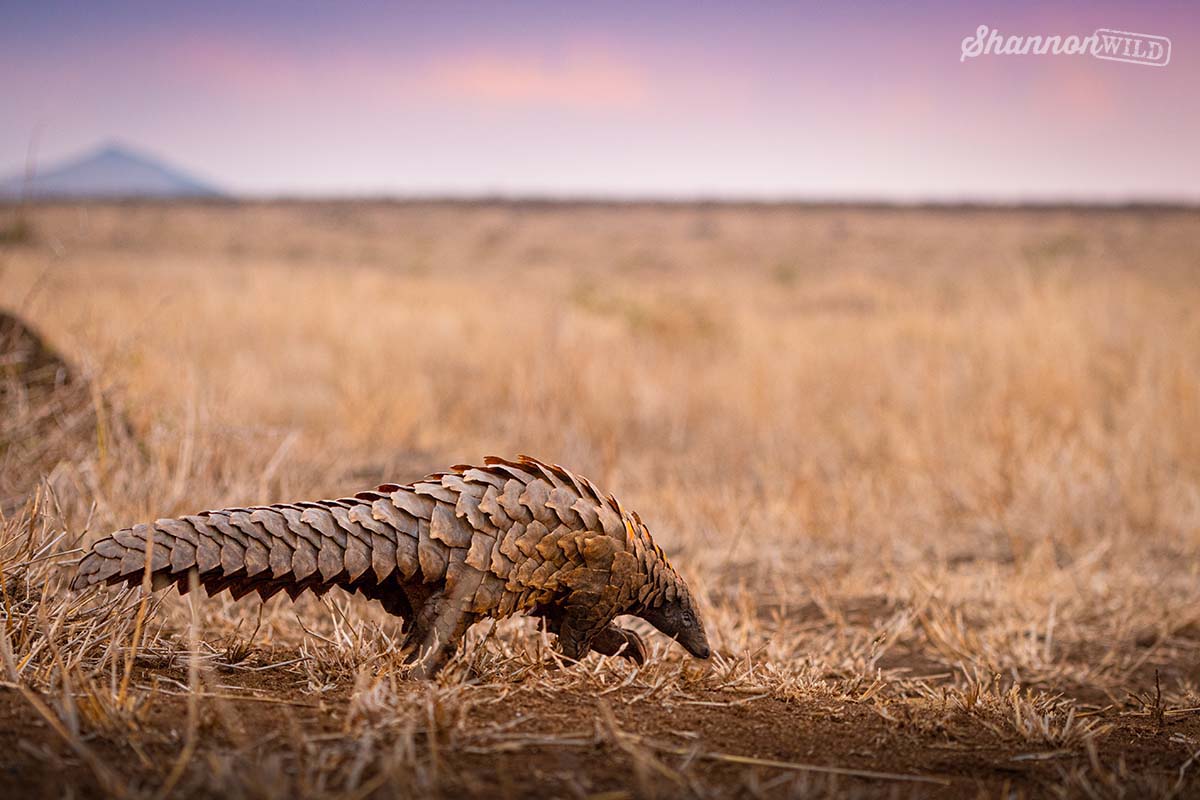15% OFF EVERYTHING UNTIL CHRISTMAS!

Unveiling the Enigmatic Pangolin: Nature's Living Treasure
Posted on
In the hidden corners of the wild, where the mysteries of nature thrive, a creature shrouded in enchantment awaits our discovery—the pangolin.
A mesmerising marvel of the animal kingdom, with a fascinating blend of unique characteristics that sets it apart from all other mammals.
From its armoury of keratin scales to its peculiar walking style, the pangolin is a living enigma that roams the forests and grasslands of Africa and Asia.
Join us on a journey to unravel the secrets of this captivating creature as we delve into five intriguing facts about the pangolin, revealing its mesmerising defence mechanisms, culinary tastes, and the poignant challenges it faces in a world that is both enchanted and threatened.
Let's embark on a quest to understand and safeguard the future of this extraordinary living treasure—the pangolin.
1. Unique Defence Mechanism:
Pangolins are the only mammals in the world covered in protective keratin scales, making them a natural fortress against predators. When threatened, they curl up into a tight ball, resembling an armoured globe, making it challenging for predators to get through their tough exterior.
2. Ant and Termite Specialists:
Pangolins are insectivores, primarily feeding on ants and termites. Their long, sticky tongues can extend up to 40 cm (16 inches) to reach deep into insect nests, and they can consume thousands of insects in a single day.
3. Walking on Two Legs:
When not in a defensive posture, pangolins can walk on their hind legs using their tail for support. This unique walking style gives them a distinctive gait, making them quite a sight to behold.
4. Most Trafficked Mammal:
Sadly, pangolins are the world's most trafficked mammals due to the demand for their scales in traditional medicine and their meat as a delicacy. This illegal trade poses a significant threat to their survival, with all eight species of pangolins in Africa and Asia facing the risk of extinction.
5. Nocturnal and Solitary:
Pangolins are nocturnal creatures, preferring to roam and forage during the night. They are also solitary animals, generally avoiding interaction with other pangolins except during mating season.
Despite their unique features and fascinating behaviours, pangolins face severe threats from habitat loss, illegal hunting, and the illegal wildlife trade.
Conservation efforts are crucial to protect these enigmatic creatures and ensure their survival for future generations.
That's where our gorgeous Pangolin Preservation charity bracelet comes in by providing much-needed support for pangolin conservation efforts. Our wildlife charity bracelets symbolise not only the beauty and wonder of this remarkable creature but also our unwavering commitment to its protection.
Through the sale of each bracelet we donate 50% of the purchase price to Pangolin Preservation, an organisation that rescues pangolins from the illegal poaching trade and rehabilitates them to release them back into the wild.

SHOP NOW
These funds go directly towards safeguarding their natural habitats, combating illegal wildlife trade, and supporting research and education programs that raise awareness about the pangolin's plight.
By wearing our pangolin charity bracelet, you become an advocate for this gentle creature, joining a global community dedicated to ensuring a brighter and safer future for the pangolins, one bracelet at a time.

New products and discounts first!
RETAIL & STUDIO
The Farm House, R527
Hoedspruit LP South Africa
Whatsapp: +27 79 225 4988
contact@wildinafrica.store
. . . . . . . . .
HEAD OFFICE
65/2 Arbor Ave, Robina
QLD 4226 Australia





